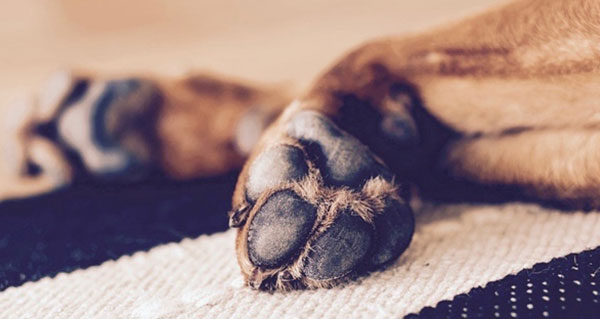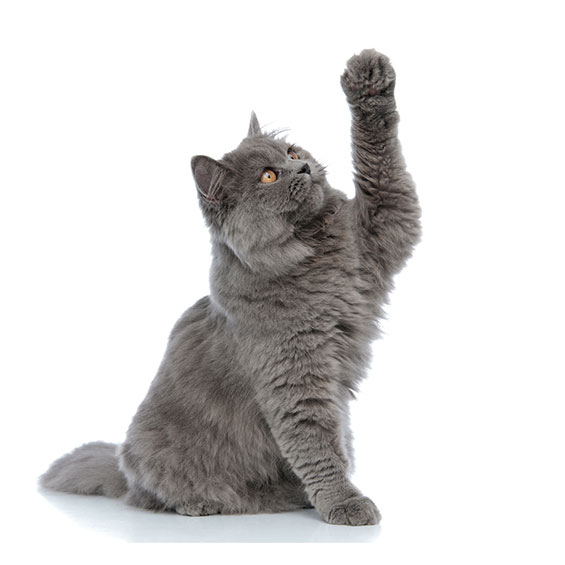June and July are the months senior pets receive an extra pampering at Ourimbah Vet! We’re so happy to be able to help you in providing only the very best of care to your pet.
Generally speaking, it’s around 8 years of age cats and dogs are considered to be entering their senior years!
Now, the big question is…
What does it mean to be a senior pet?
We’ve put together a list of changes that may occur as pets age:
Activity levels- Older pets are less active than their younger comrades. You’ll start to notice that they’d prefer to laze by the fire or relax on the lounge. Exercise is just as important as ever when they enter their senior stage, it’s necessary for their overall health- mind, body and soul!
Grooming- Dogs and in particular cats may not be able to groom themselves as effectively as they used to- this can lead to painful knots and skin infections and a miserable pet! Regular brushing is suggested and in the process you can monitor any lumps and bumps that may appear. Nails may need trimming more regularly if activity levels are reduced.
Cognitive changes- this includes memory, recognition, learning, perception, decision making and awareness. Older pets may start to show signs of cognitive dysfunction. These include- inappropriate urination and defacation, poor recognition of family members,increased anxiety; development of new phobias, change in sleep patterns; restlessness and waking throughout the night, wandering and pacing, destructive and irritable behaviour. If your pet is showing any of these signs a visit to the vet is required to rule out any other medical causes.
Dietary requirements- We suggest that animals transition to a more specific diet, premium quietly pet food brands for seniors generally contain extra brain, skin, muscle and joint support. In some cases your veterinarian may need to prescribe a diet as part of their health care plan.
Remember a less active pet requires less calories so adjust their needs accordingly.
Arthritis/body condition- it’s no secret that as animas age they are prone to developing arthritis- signs are reluctance to rise from a laying position, licking or guarding a particular area, irritable behaviour and limping. There are many treatments available to help ease arthritis as well as special diets and supplements- let us help you tailor an arthritis plan specific to your pet.
Hearing and sight- Older animals may experience sight and hearing loss. You might start to notice they do not always react to their name being called or aren’t startled by sounds they once were. Bumping in to things and disorientation may be a sign your pet is having troubles with their vision.
Health condition- 6 monthly health checks- Changes to health tend to happen more rapid than in their earlier years plus issues tend to occur more as pets age- we recommend 6 monthly health checks to address any concerns as they appear sooner rather than later. Maintaining good oral hygiene is also a vital part their health care and this will also be monitored at their routine health checks.
If you have any concerns regarding your pet please contact us today on 4362 1644



